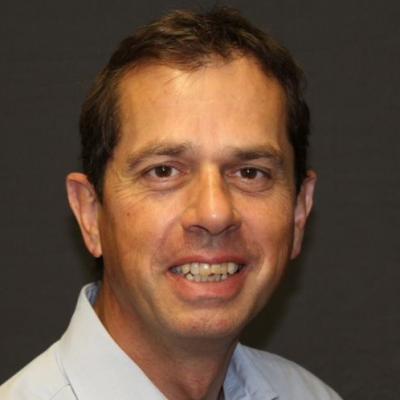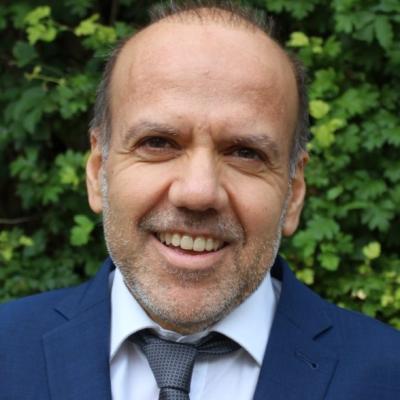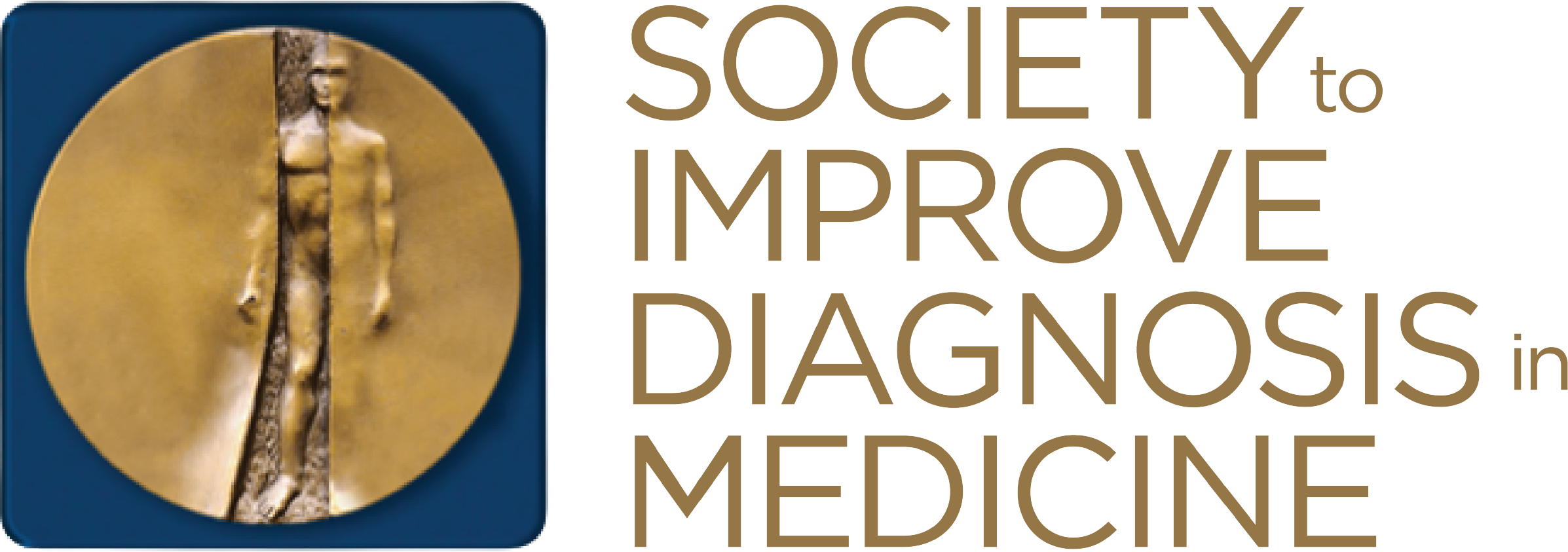Workshop: Learning from Correct Diagnosis, A Safety-II Approach
Patient safety has been long defined as a state whereas few things as possible go wrong. Therefore, improving patient safety has been addressed by analysing errors and near misses; this is called the Safety-1 approach. Instead of aiming at identifying errors, Safety-II aims at understanding how things usually go right, since that is the basis for explaining how things occasionally go wrong.
This workshop explains the theory of the Safety-II approach. The presenters will share their experience with the application of Safety-II to the diagnostic process. Subsequently, in an interactive practice session, attendees will be able to practice with the Safety-II approach. Finally, the lessons learned in the workshop will be discussed.
Workshop: Time for Diagnostic Safety Research to Impact Policy and Clinical Practice
- x
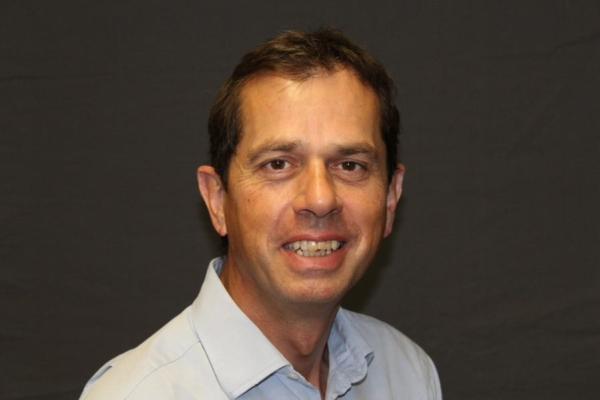
Aidan Fowler, MBBS, FRCS, Dr.
,National Director of Patient Safety and Deputy Medical DirectorNHS EnglandDeputy Chief Medical OfficerDepartment of Health and Social CareAidan Fowler is the National Director of Patient Safety and Deputy Medical Director in NHS England and a Deputy Chief Medical Officer at the Department of Health and Social Care. In this role he has developed the first ever National Patient Safety Strategy and implemented the complex programmes within it. He was previously the Director of NHS Quality Improvement and Patient Safety and Director of the 1000 Lives Improvement Service for NHS Wales. He had responsibility for QI/PS across the Welsh NHS and was a board member of Public Health Wales. Aidan was a Consultant Colorectal Surgeon in Gloucestershire for ten years and Chief of Service for Surgery for four before entering the NHS Leadership Academy Fast Track Executive Training Programme during which he worked as an executive at University Hospitals Bristol and subsequently worked briefly as a Medical Director in Mental Health and Community care in Worcestershire. Aidan trained as an Improvement Adviser (IA) with the IHI in Boston and was IA and worked on Patient Safety Programmes in the South West of England. He has also worked as faculty with the IHI in the peri-operative safety domain in Qatar, infection reduction in Portugal and teaching improvement and safety in the UK and internationally. Aidan's surgical training was in the South West but he graduated in medicine from University College London.
- x
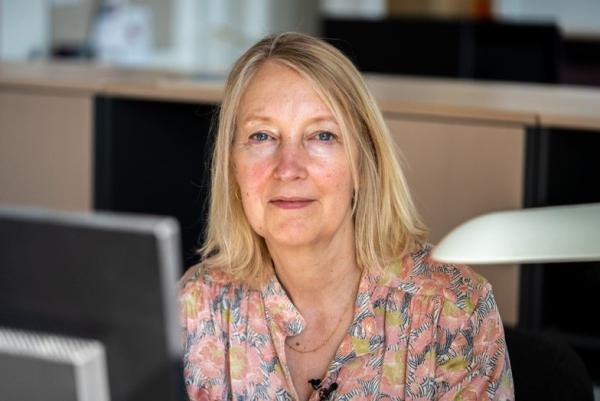
Inge Kristensen, MS, MPA
CEODanish Society for Patient Safety
Copenhagen, DenmarkInge Kristensen is the CEO of the Danish Society for Patient Safety.Inge is an experienced leader in HealthCare from hospitals and local communty settings and a strong track record in quality improvement projects, including enforcing safe medication.
- x
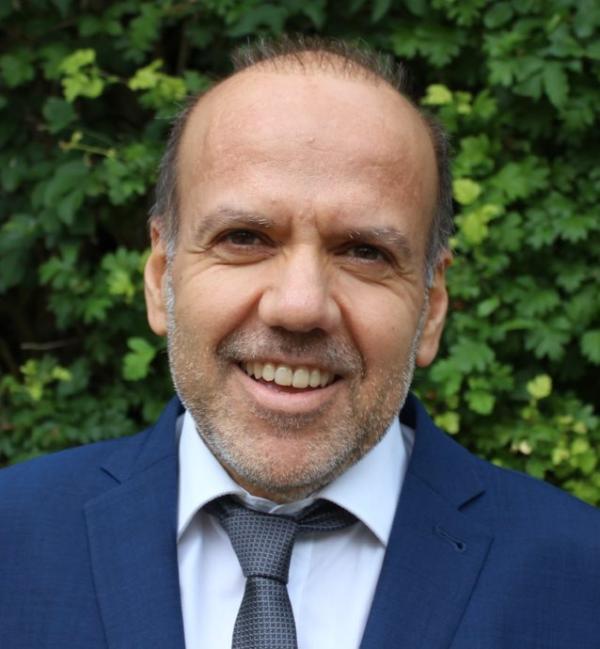
Georgios Lyratzopoulos, MD, FFPH, FRCP, MPH, DTM&H
Professor of Cancer EpidemiologyEpidemiology of Cancer Healthcare & Outcomes (ECHO)
University College London (UCL)Lyratzopoulos is a healthcare epidemiologist and population health scientist. His research aims to contribute to global efforts to control the increasing burden of neoplastic disease, by examining potentially avoidable delays in the diagnosis of symptomatic patients with underlying (as-yet-undiagnosed) cancer, and the understanding of responsible mechanisms; disparities in cancer diagnosis; organisational and international variations in cancer pathways to diagnsosis using population-based, linked cancer registry and administrative data; the examination of cancer patient experience and related disparities in patient survey data focusing on experience of diagnostic testing. He has a background in quantitative health services research, healthcare technology assessment, public health, and clinical (internal) medicine. Empirical or conceptual work that he has led as first or last author is cited in reports by the WHO (WHO working party on the Global Burden of Diagnostic Errors in Primary Care, 2016); WHO report on 'Cancer: Setting Priorities, Investing Wisely, and Providing Care for All, 2018); the U.S. Institute of Medicine (Improving Diagnosis in Health Care, 2015); the Lancet Oncology Commission "The Expanding Role of Primary Care in Cancer Control" (2015); the National Cancer Strategy for England 2015-2020 (Achieving World-Class Cancer Outcomes); the 'State of the Nation' report on Cancer in the UK (2018), the Cancer Research UK Early Detection and Diagnosis of Cancer Roadmap (2020) and the cancer disparities report Cancer in the UK 2020: Socio-economic deprivation’ (2020). In 2016, he was awarded the Cancer Research UK 'Future Leaders' Prize. To Feb 2023, he has authored 227 publications, being the first or the last author in 129 (57%) of these papers.
This session will highlight how diagnostic safety research can impact policies and clinical practice in diverse health care settings across the world. Key country-level and global reports and initiatives related to diagnostic safety will be discussed first. The session will then highlight how several recently developed diagnostic safety resources can provide hands-on guidance to policymakers, health care organizations, health system leaders, quality and safety professionals and clinicians on how they can improve the diagnostic process and reduce harm from diagnostic errors. The session will conclude by discussing how key tools and strategies need to be implemented and used to advance diagnostic excellence as part of continuous improvement and learning.
Workshop: Teaching about Uncertainty
- x
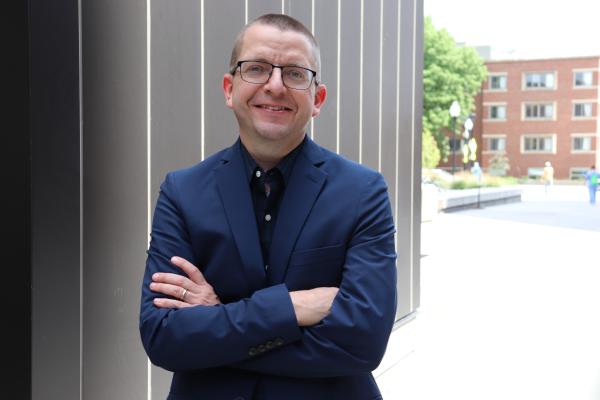
Andrew Olson, MD
Associate Professor of Medicine and PediatricsUniversity of Minnesota
Minneapolis, MNDr. Andrew Olson is an Associate Professor of Medicine and Pediatrics at the University of Minnesota Medical School, where he practices hospital medicine and pediatrics. He serves as the founding Director of the Division of Hospital Medicine within the Department of Medicine. Dr. Olson presently serves as the Director of Medical Education Research and Innovation in the Medical Education Outcomes Center, focusing on linking education with clinical and workforce outcomes. Dr. Olson's academic work focuses on the nature and development of clinical reasoning as well as methods to measure and decrease diagnostic error.
Diagnostic uncertainty is ubiquitous in medicine and can be especially challenging for learners in the clinical learning environment given the fact that they perceive constantly being evaluated, have developmentally appropriate knowledge deficits, and are concerned about developing effective therapeutic relationships. This workshop will focus on theory-based practical strategies for teaching about uncertainty in the clinical learning environment and discuss the role that learner perception of the learning environment plays in their perceptions of and comfort with uncertainty.

